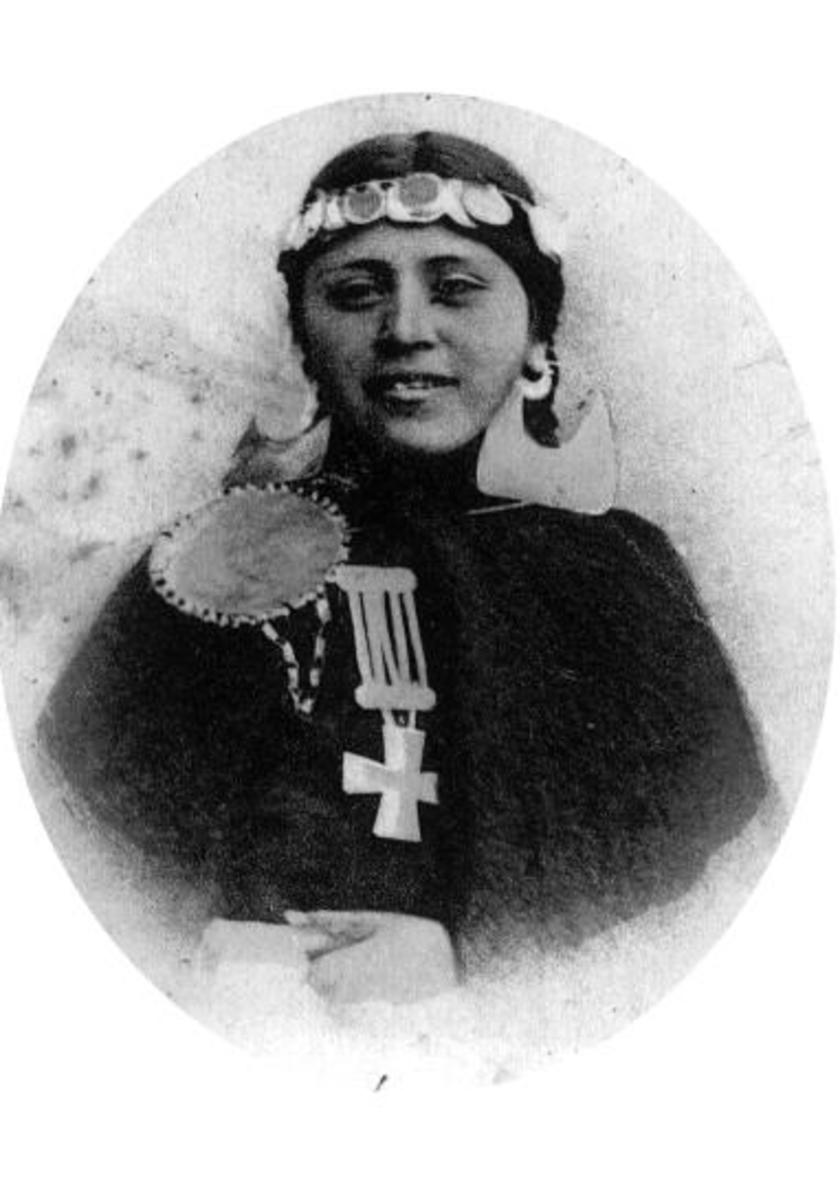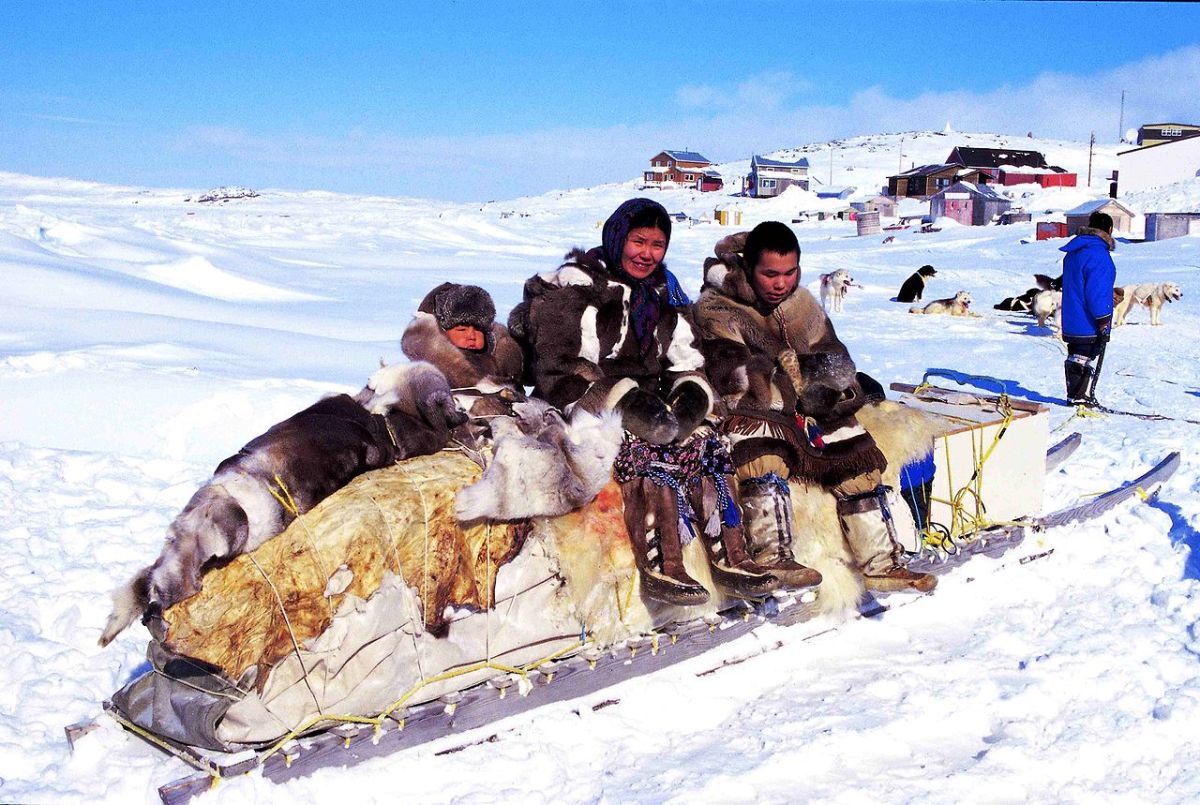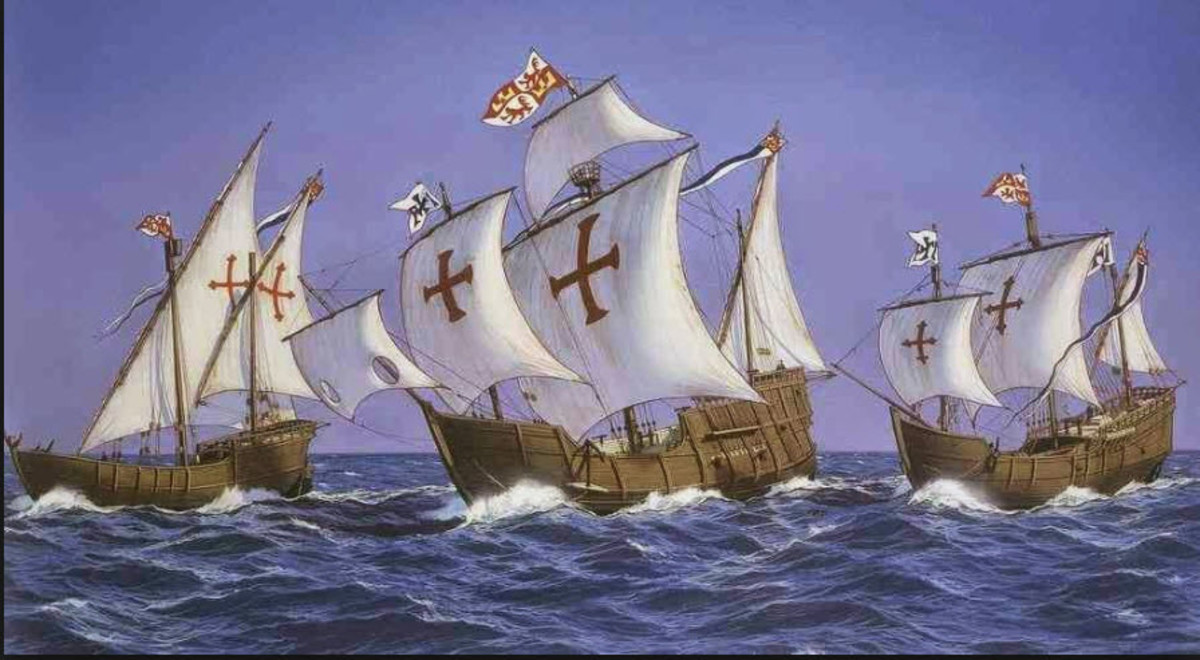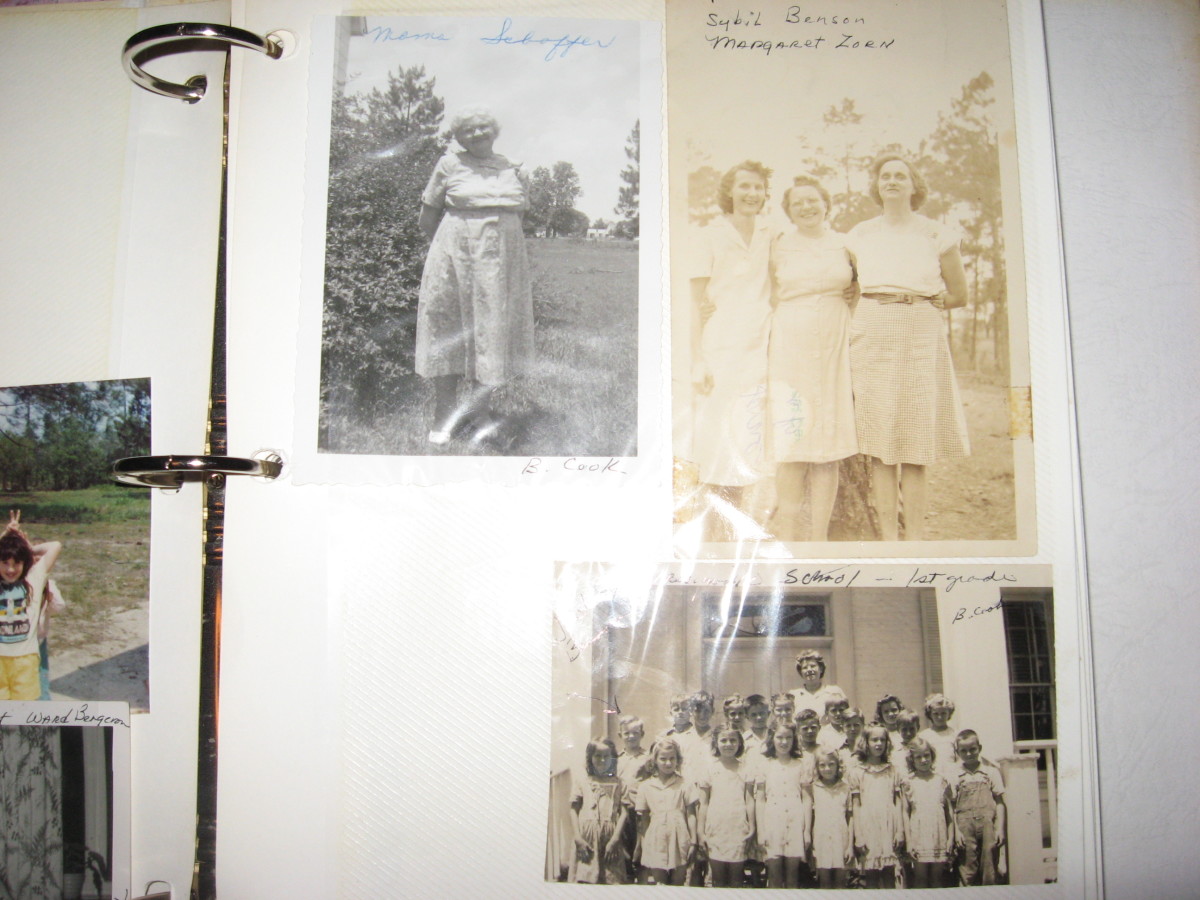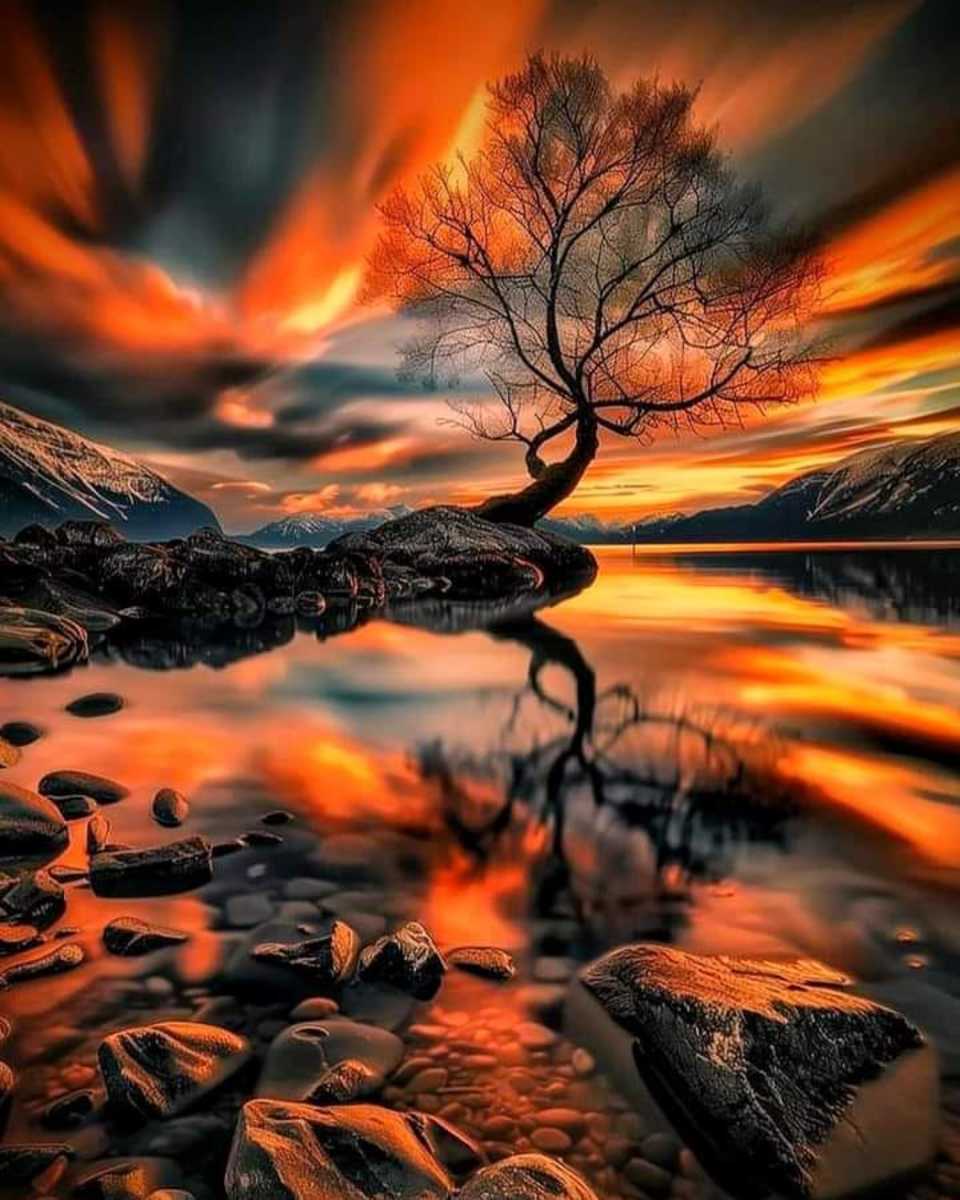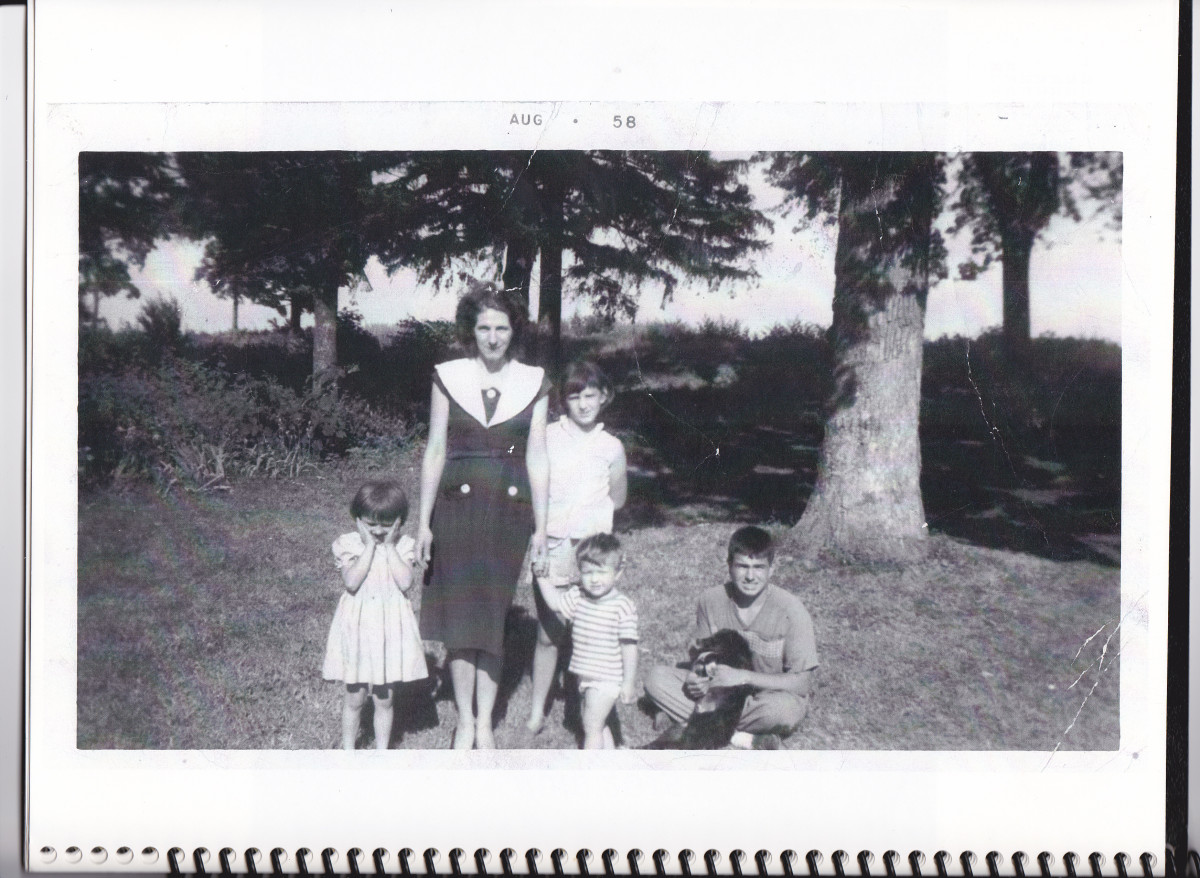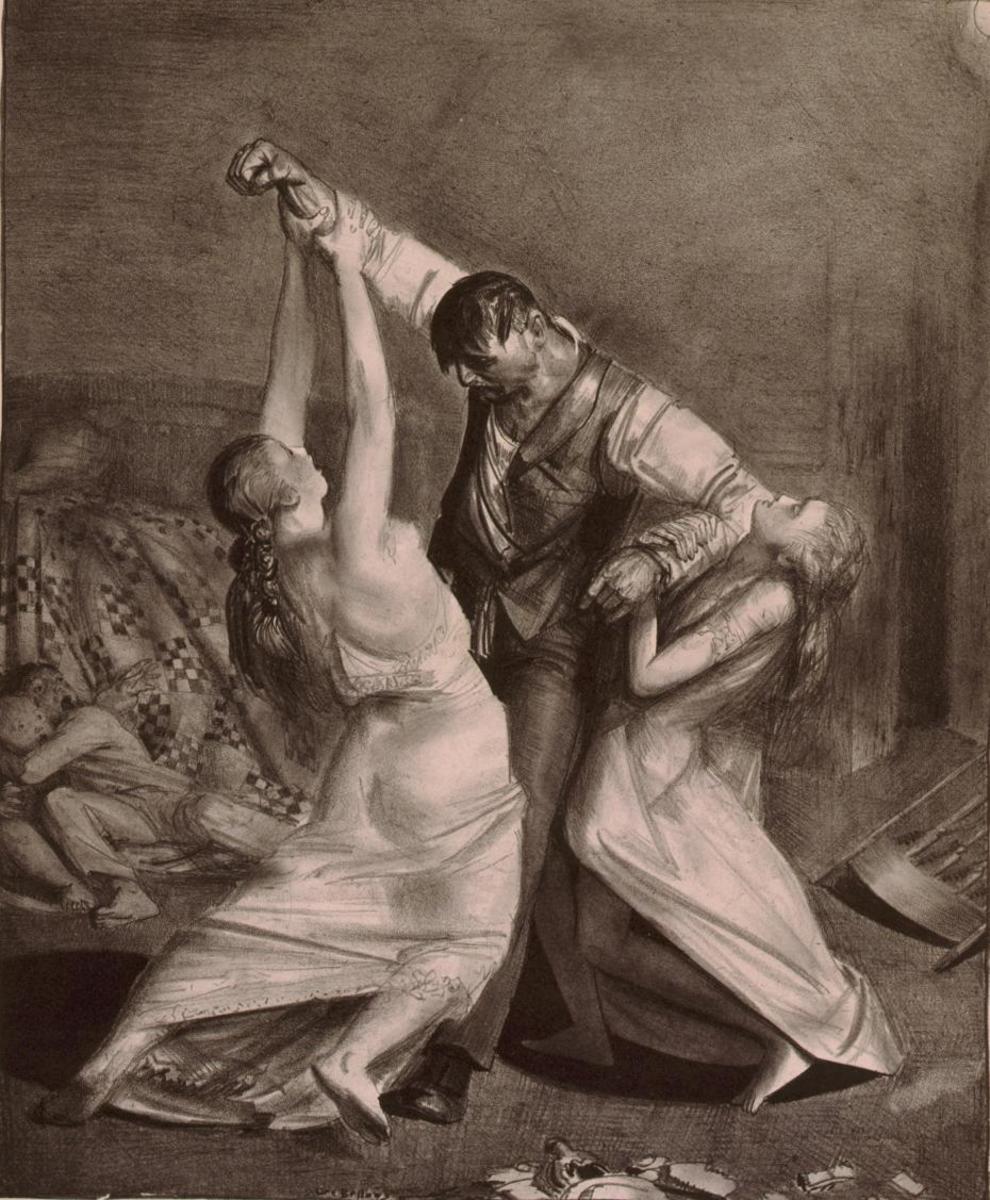The Chilean Culture

The Chilean Culture Title
Alexander James Guckenberger
Profesora Lori Rake
Spanish 202
10 April 2018
The Chilean Culture 1
Chile is a country in South America, and it is a country that speaks Spanish. In this way, it is a very normal country, but Chile is also a very unique place too. Chile isn't only a normal country. This is a place of many unique histories, and it is a very interesting country. Like other locations in the Americas, Chile has an indigenous people. The Mapuche people is one example, and this people is a principle indigenous people currently. Moreover, this country is very important for the political climate in our modern world. The future of this country is uncertain, but we have the past and the present to examine. The examination of a country is very marvelous, fun, and necessary for our perception of the world. In all of the studies, studying countries is different.
The Chilean Culture 2
There are many interesting things in Chile. For example, since the 70's this country has experiences its renaissance in the production if wine (“Chile’s Wine History”). The country's territory is perfect for cultivating wine grapes (“Chile’s Wine History”). Also, the history of wine in Chile is very similar to the history of alcohol in the United States (“Chile’s Wine History”). The city capital of Chile is called Santiag. It is a very safe place in the opinion of many people (Budris). And Chile has many peoples. The city of Santiago only has approximately six million people (Budris). Six million is not an insignificant number. Chile has its own traditional music (Budris). The opinions of the traditional music from Chile are only opinions, but for many people this thing is very fascinating. Still more, Chile has a museum about its history (Rosenberg). This museum, for many years, has only shown European histories (Rosenberg). But there are some indigenous histories as well. To date, there are many indigenous histories.
The Chilean Culture 3
Chile doesn't exist without its indigenous histories. The "official narratives" about Chile's histpories are not sufficient for many members of the Mapuche people (Di 209). The people who comprehend the histories of the Americas know that such things are normal in our continent. At times, history seems to be an opinion, and the indigenous have their own ideas like everyone else. The conquistadors overcame many indigenous people in the Central Valley of Chile (Richards 61). It is interesting to note that the conquistadors did not have the capacity to overcome the Mapuche people (Richards 61). More, in 1993 there was a new law in Chile for the benefit of the persons of the Mapuche people. (Richards 68). Between all of the indigenous cultures, the Mapuche shine brilliantly. It is clear that the Mapuche people is a very strong and enduring people. And this people has their battles in the modern world like in the past (Tobar 2). Somethings there are water famines, because of the actions of the European Chileans (Tobar 2). The future and the past are the writings on the same page for the indigenous peoples of Chile.
The Chilean Culture 4
Finally, Chile is an important place for politics. If the problems with the indigenous people are not enough, there are many other things that are happening in this country. For example, there is a history of the arguments with Peru and Bolivia about the Chile's borders (“LATIN AMERICA: No End in Sight to Andean Border Row”). Traditionally, the arguments about the borders are political arguments, and the countries of Bolivia and of Peru are significant countries here. Also, Chile has a great army when compared to its population (Nash).This thing is important, because many political items usually confide in armies. It is probable that the problems with its borders and the advantage of its army are grand things in the minds of the politicians in this country.
The Chilean Culture 5
In conclusion, the country of Chile is a place with many interesting things, the indigenous histories that are significant also, and it is an important place for political items. The cultures and the histories of Chile and other South American countries are important and essential for our comprehension of the world. We need to have more meditation over the cultures of the world, because the posterity of these cultures are the histories of the future. For a brilliant future in South America, we need to know the present and the past of this region.
Works Cited
Budris, John. “SING A PAEAN TO SANTIAGO, WHERE CULTURE IS CAPITAL CHILE’S BOUNTIFUL BARGAINS MAY BE SEEN, HEARD, AND EATEN HERE.” Boston Globe, Nov. 16 2003, ProQuest. Web. Accessed a 10 Apr. 2018.
“Chile’s Wine History.” The Times – Tribune, Jan. 18 2011, ProQuest. Web. Accessed a 10 Apr. 2018.
Di Giminiani, Piergiorgio. “The Mapuche in Modern Chile: A Cultural History.” Mountain Research and Development (Online) 35.2 (2015): pp. 209-210. ProQuest. Web. Accessed a 10 Apr. 2018.
Tobar, Hector. “INDIANS FIGHT FOR CULTURAL PRESERVATION.” Daily Press, Apr. 13 2003, p. 2. ProQuest. Web. Accessed a 10 Apr. 2018.
“LATIN AMERICA: No End in Sight to Andean Border Row.” OxResearch Daily Brief Service, Jan. 09 2012, p. 1. ProQuest. Web. Accessed a 10 Apr. 2018.
Nash, Nathaniel C. “Chile’s Army Stands Tall, and Casts a Shadow.” New York Times, Late Edition (East Coast) ed., Jan. 26 1992, ProQuest. Web. Accessed a 10 Apr. 2018.
Richards, Patricia. “Of Indians and Terrorists: How the State and Local Elites Construct the Mapuche in Neoliberal Multicultural Chile.” Journal of Latin American Studies 42.1 (2010): pp. 59-90. ProQuest. Web. Accessed a 10 Apr. 2018.
Rosenberg, Tina. “Through Allende’s Broken Glasses, a View of Chile Today.” New York Times, Late Edition (East Coast) ed., March 13 2002, ProQuest. Web. Accesed a 10 Apr. 2018.
© 2020 Alexander James Guckenberger


